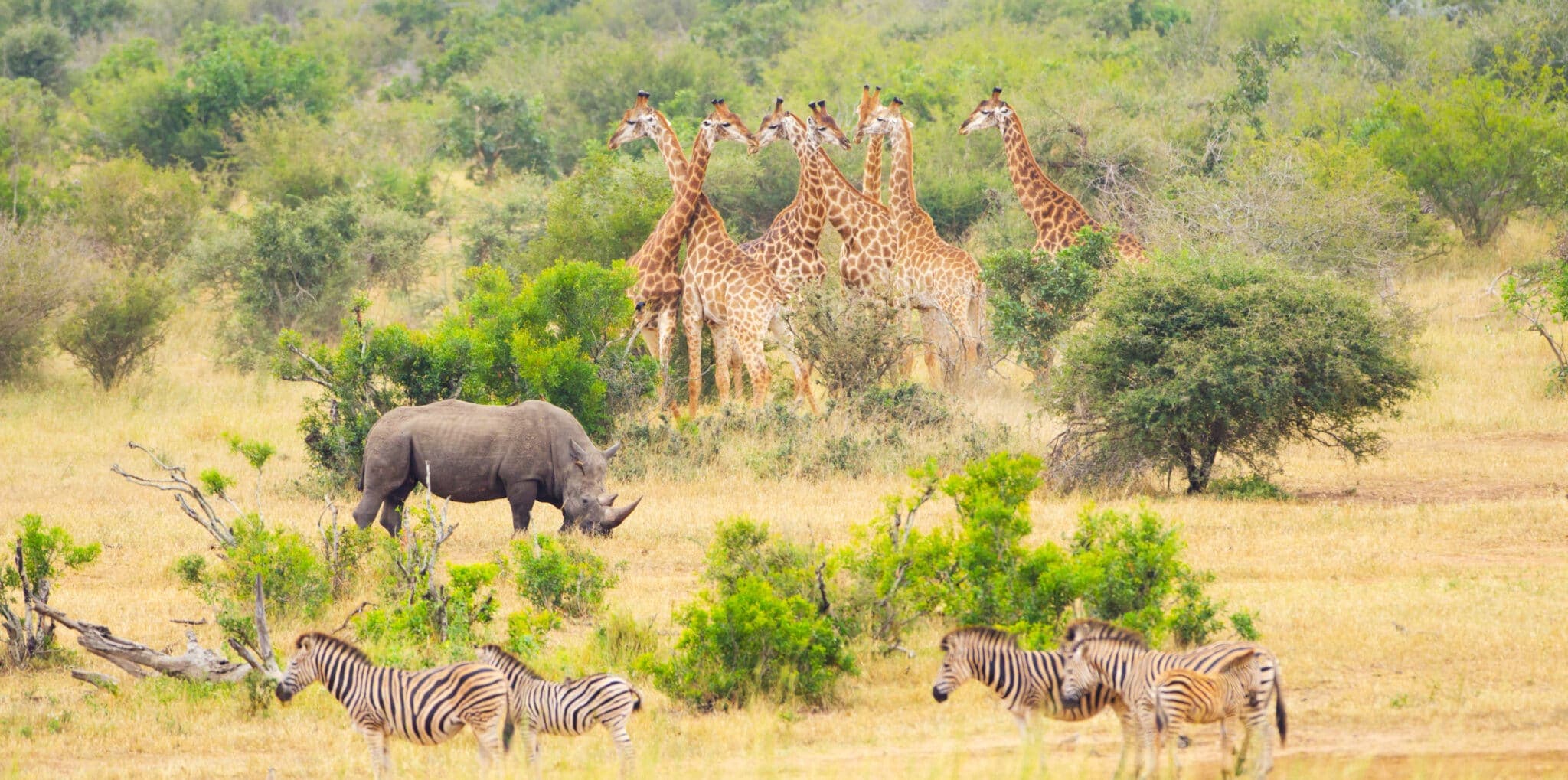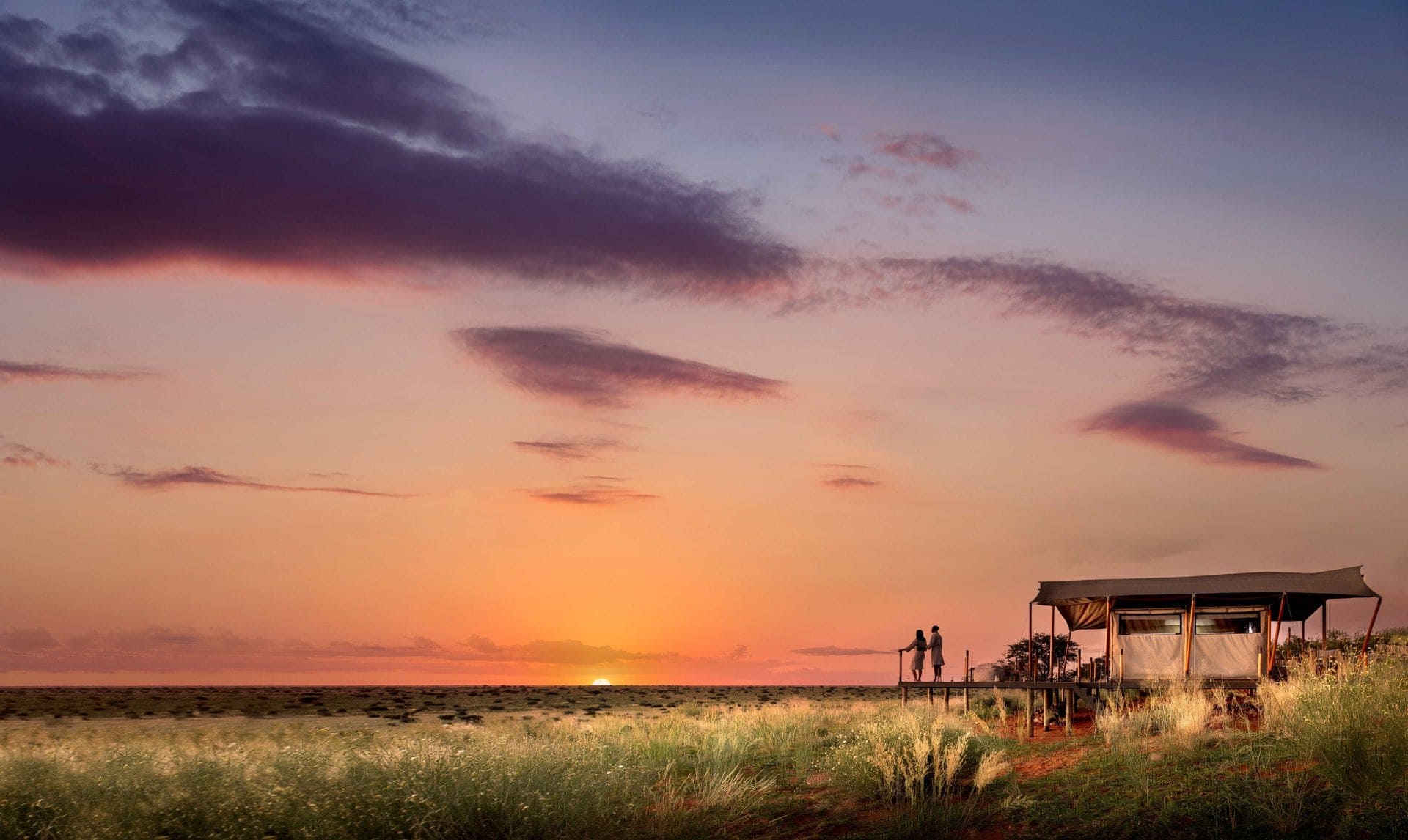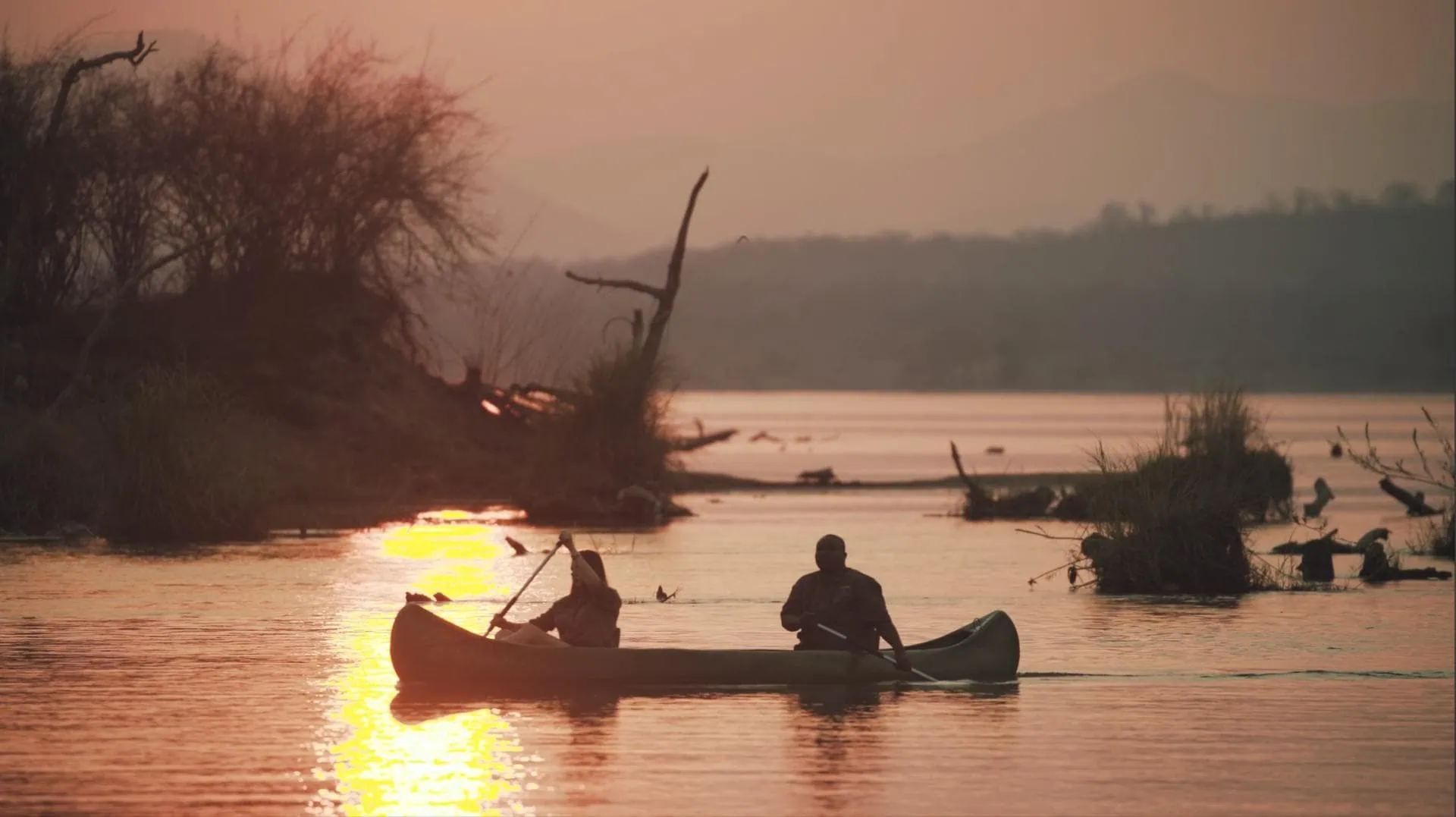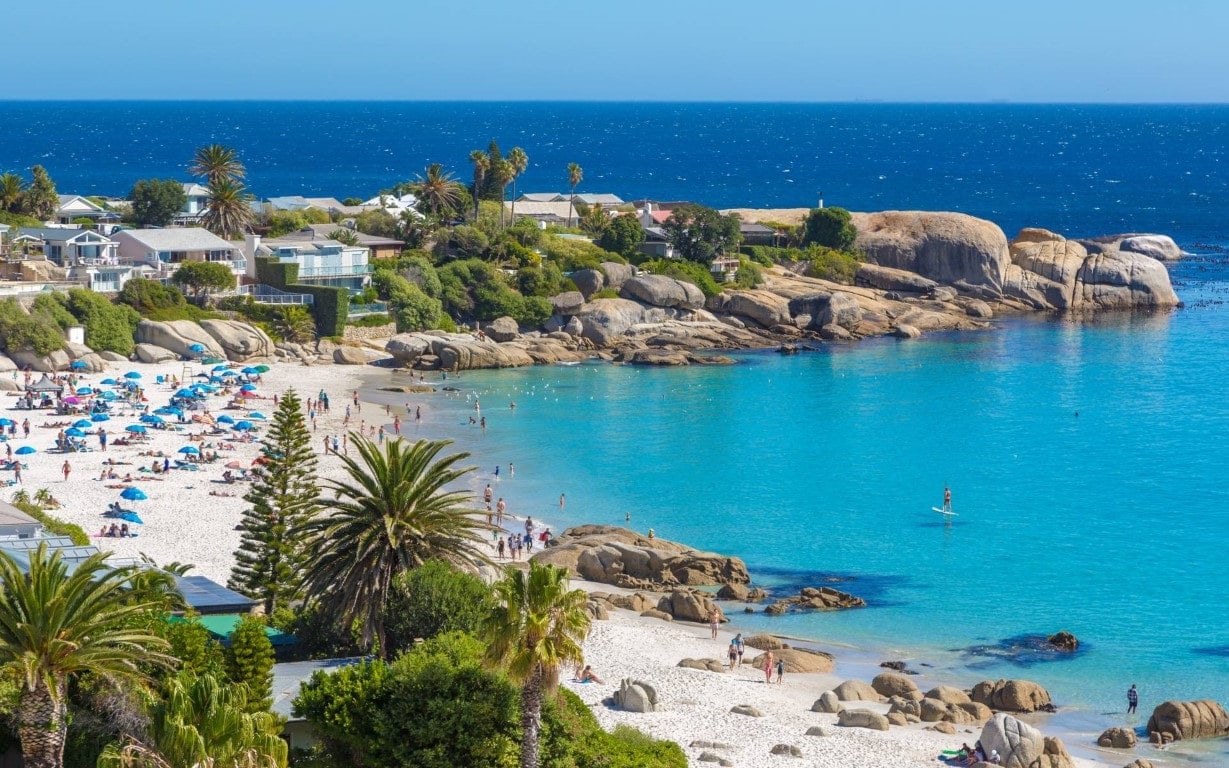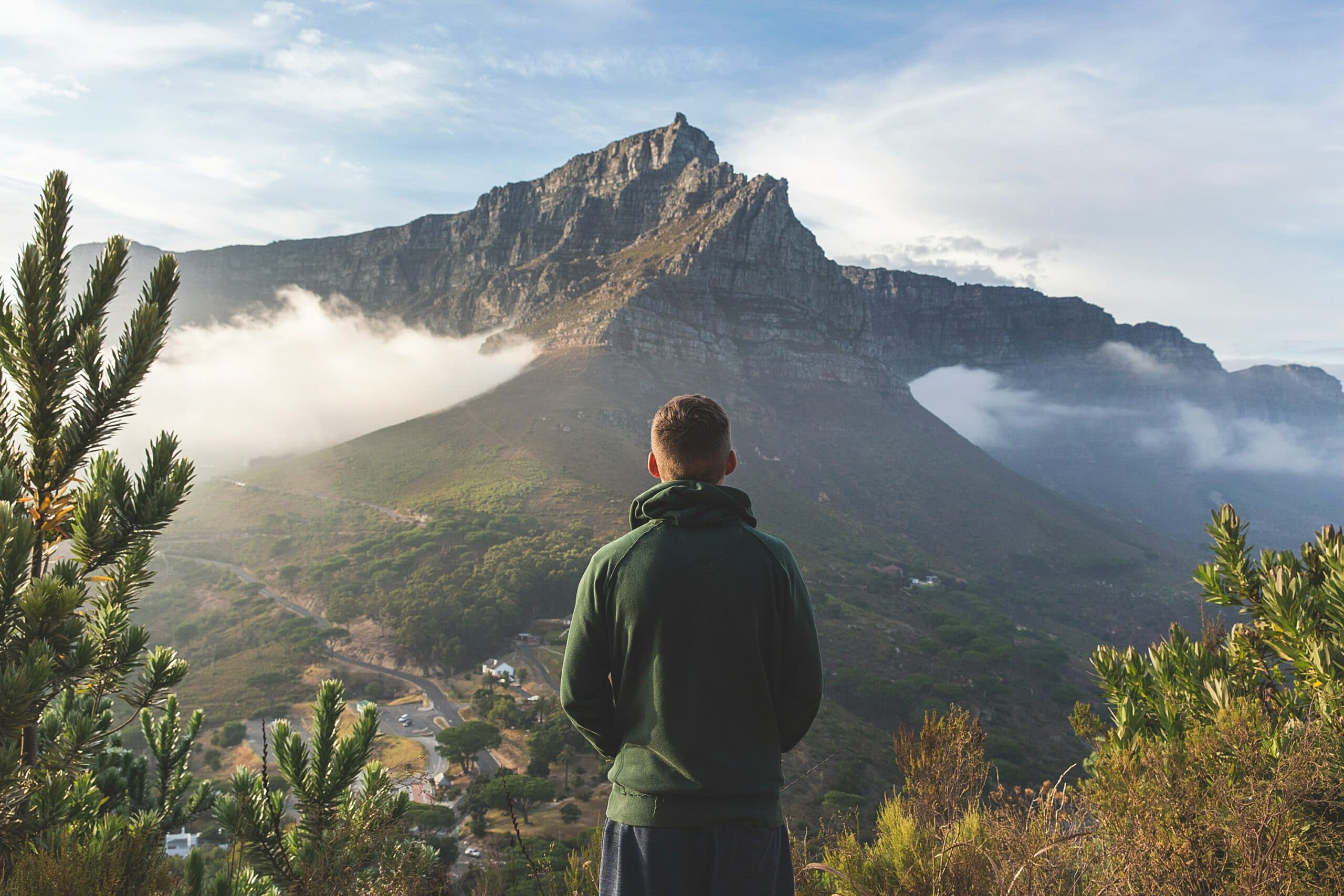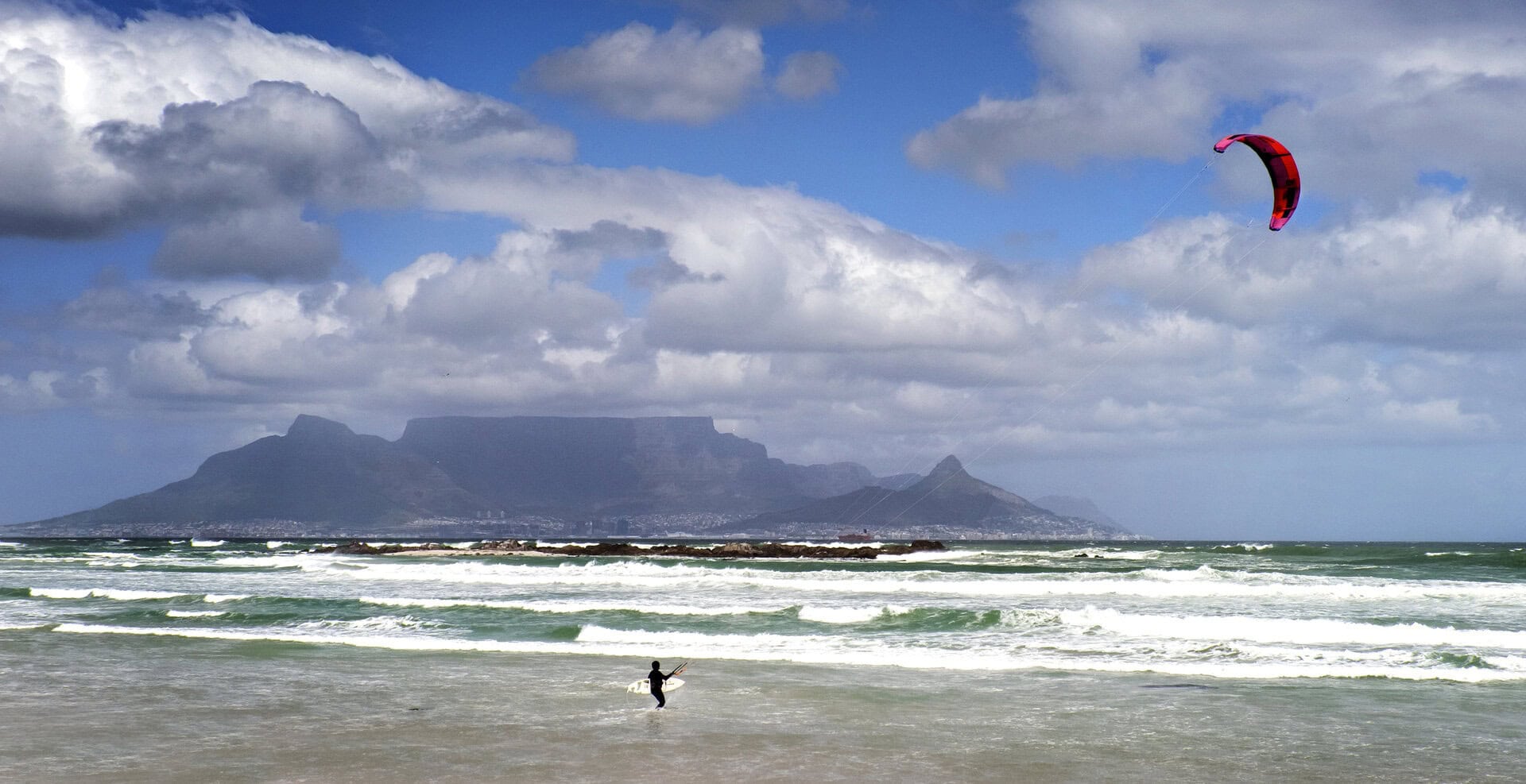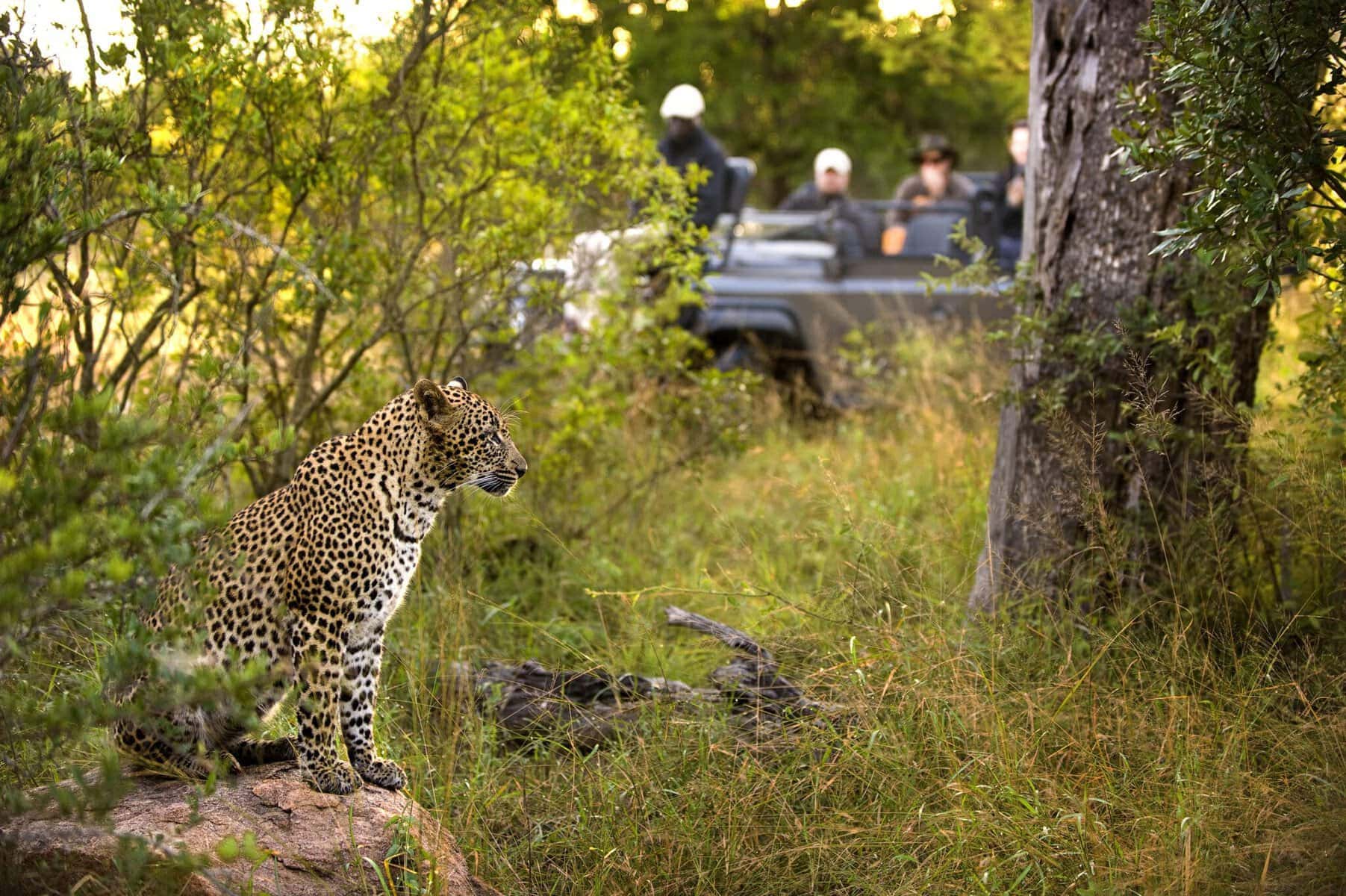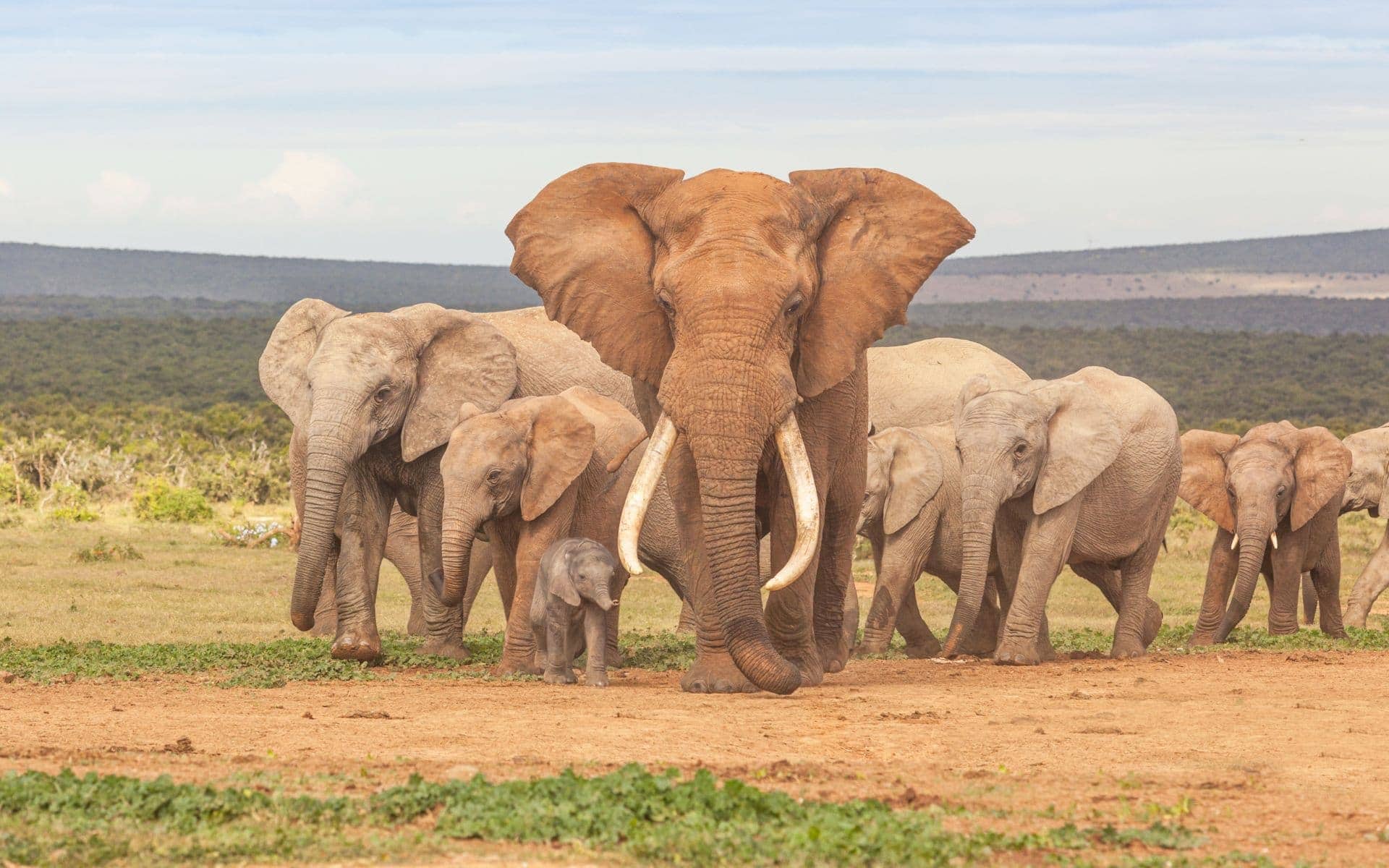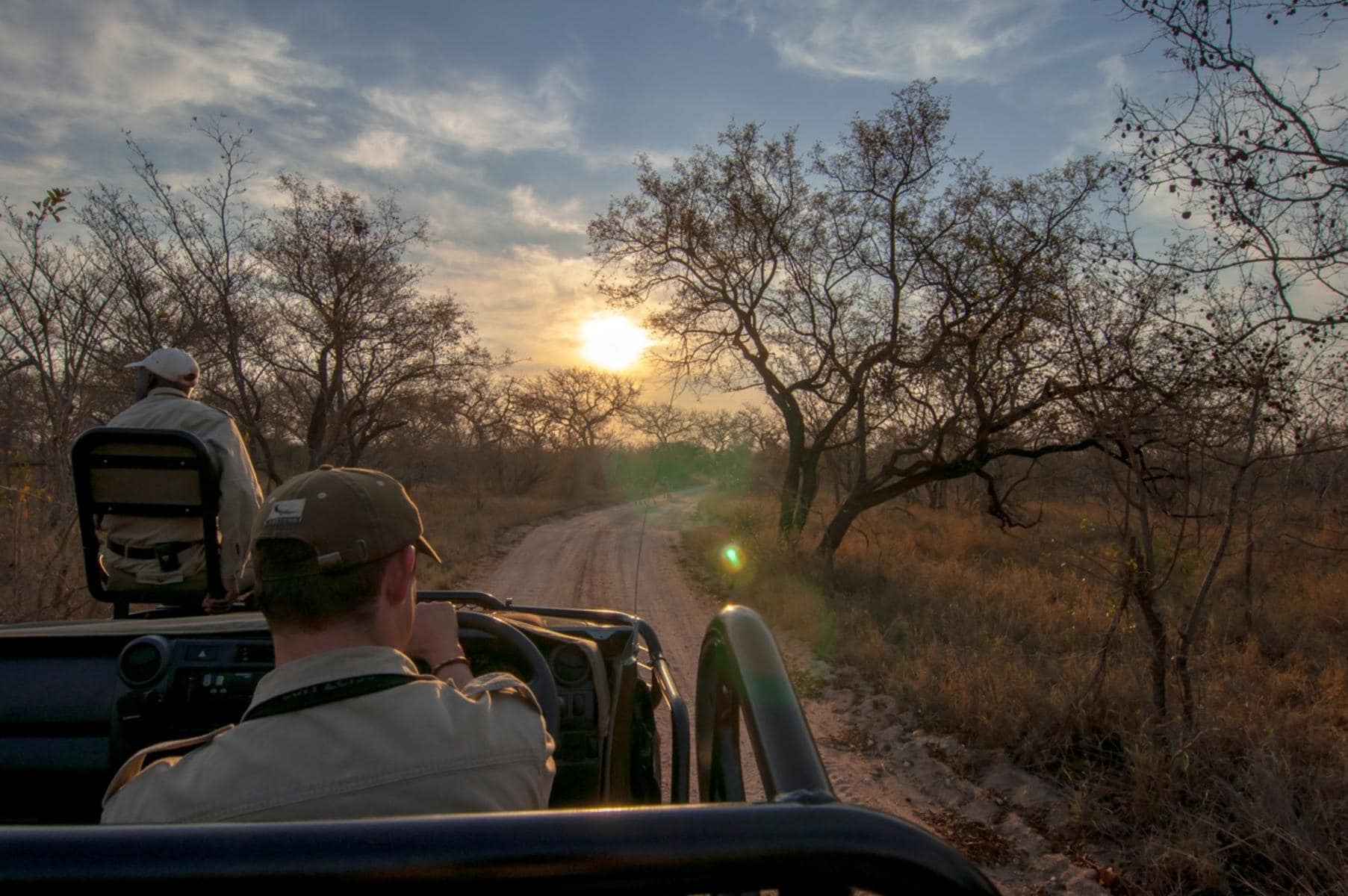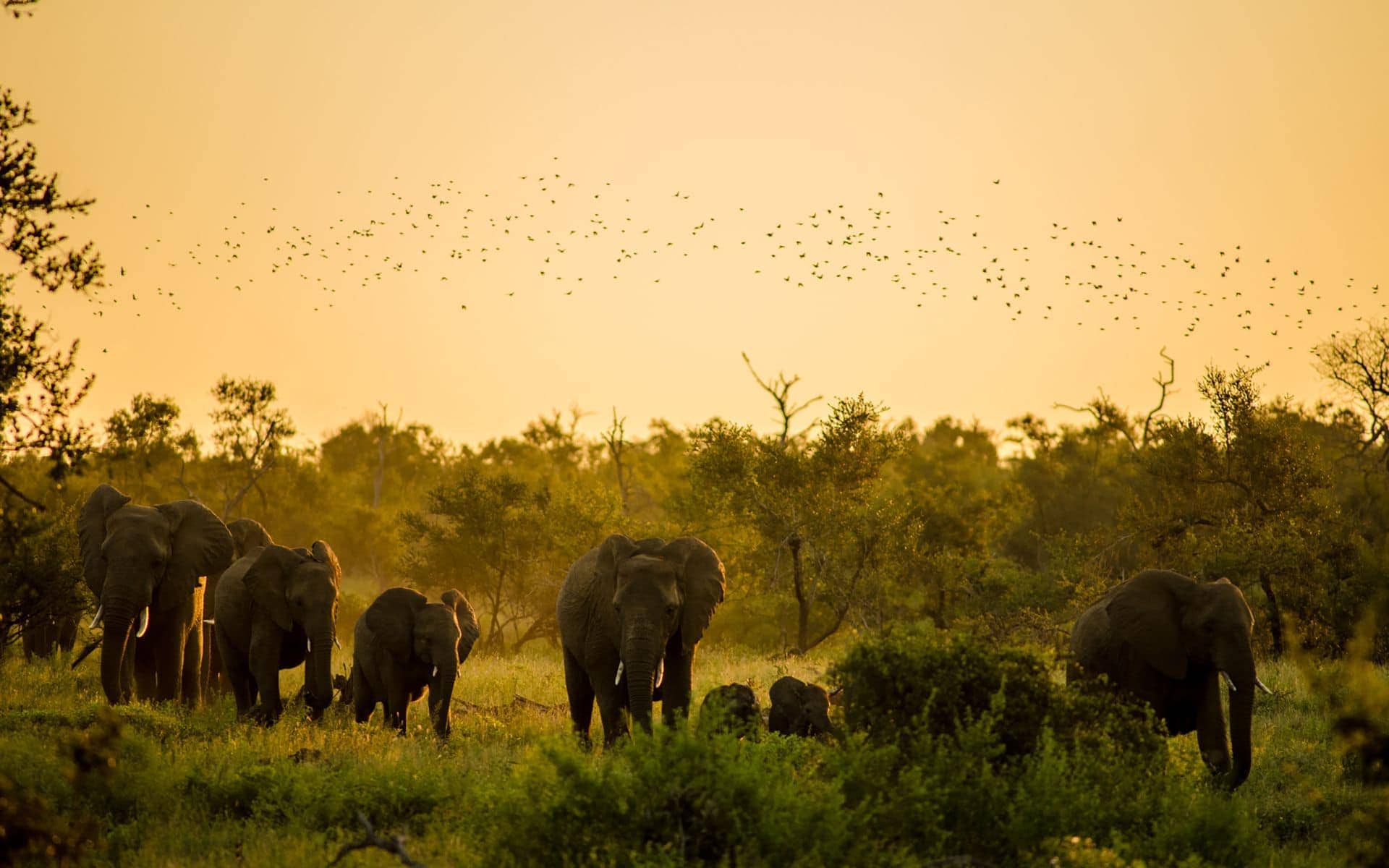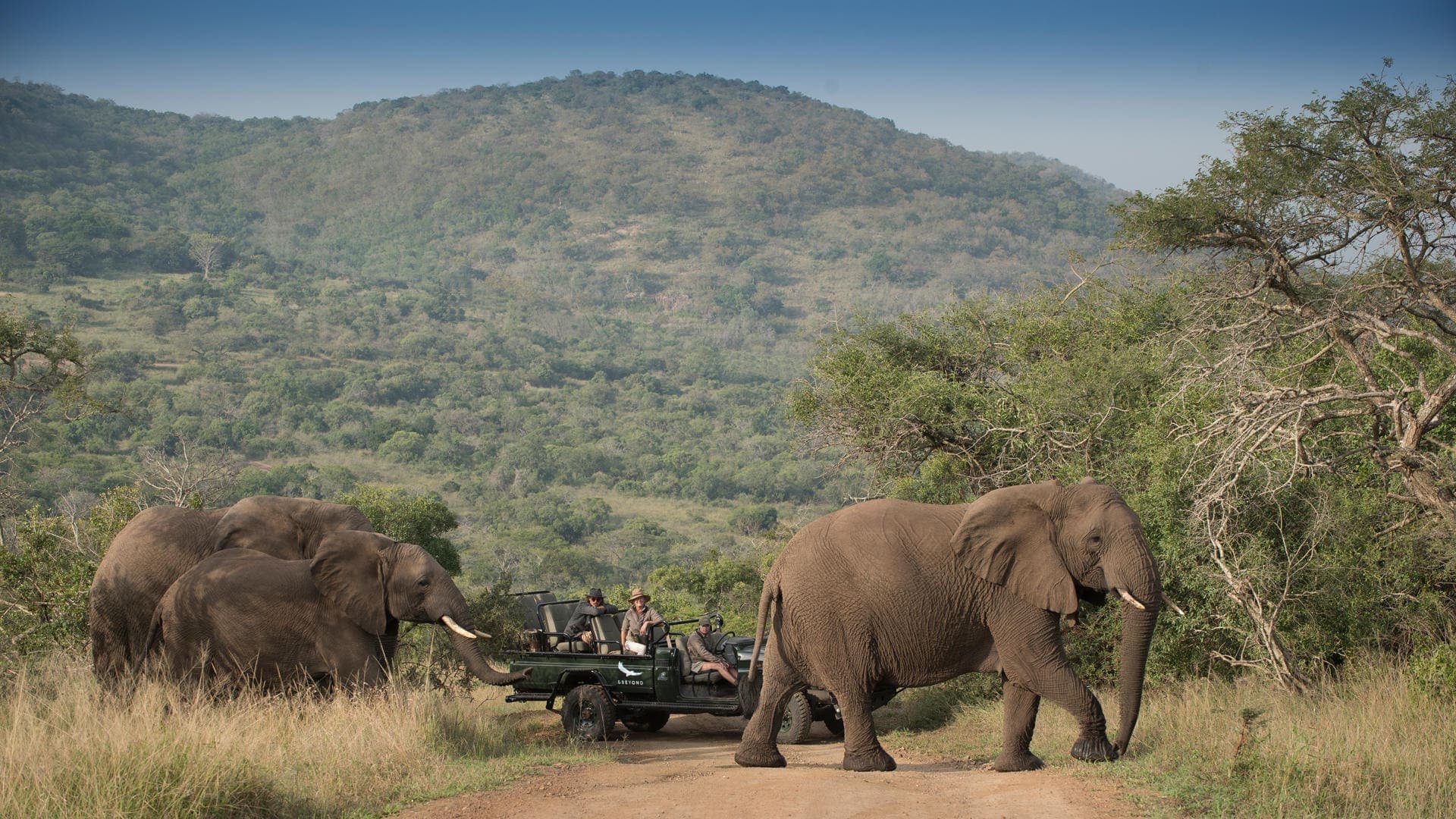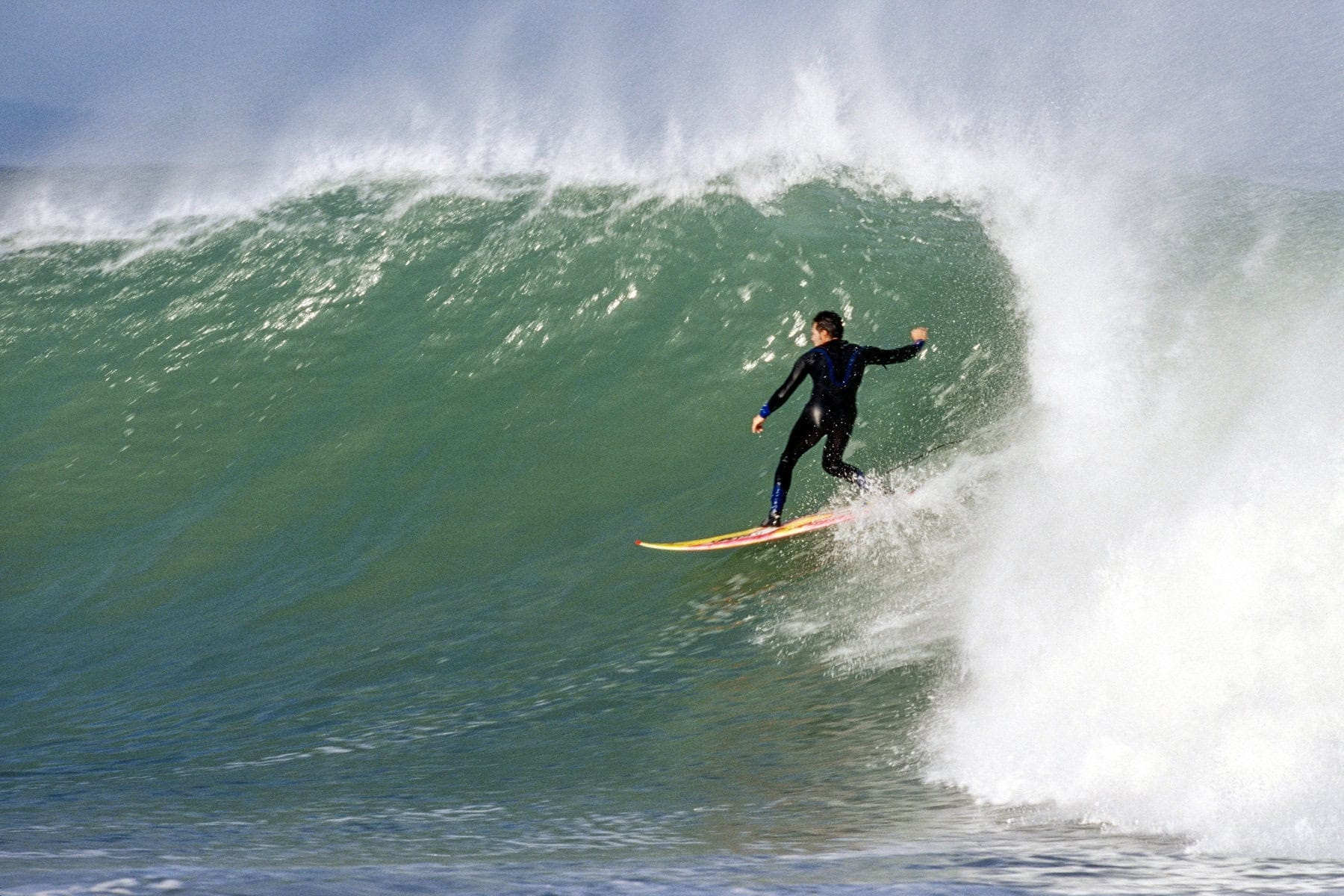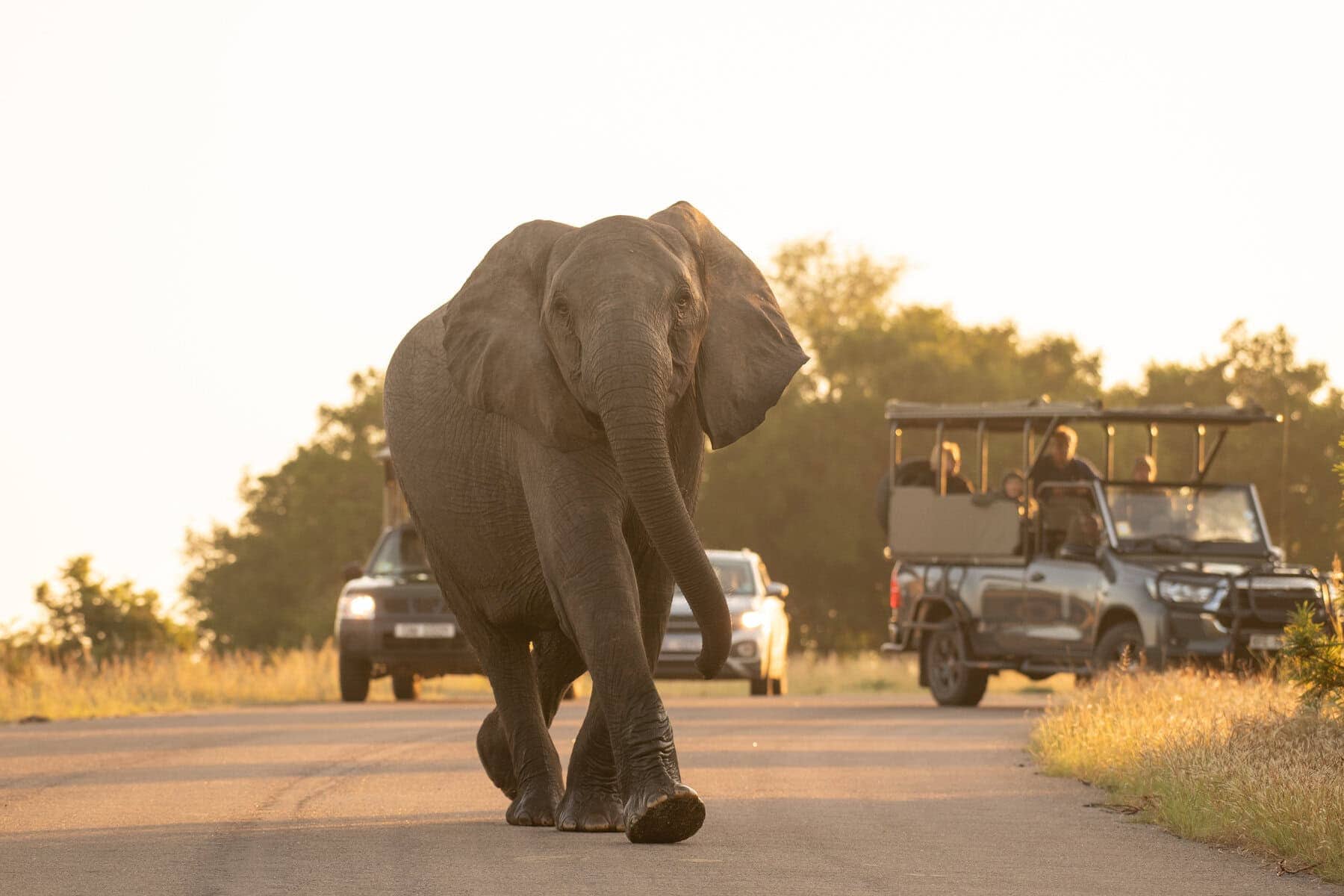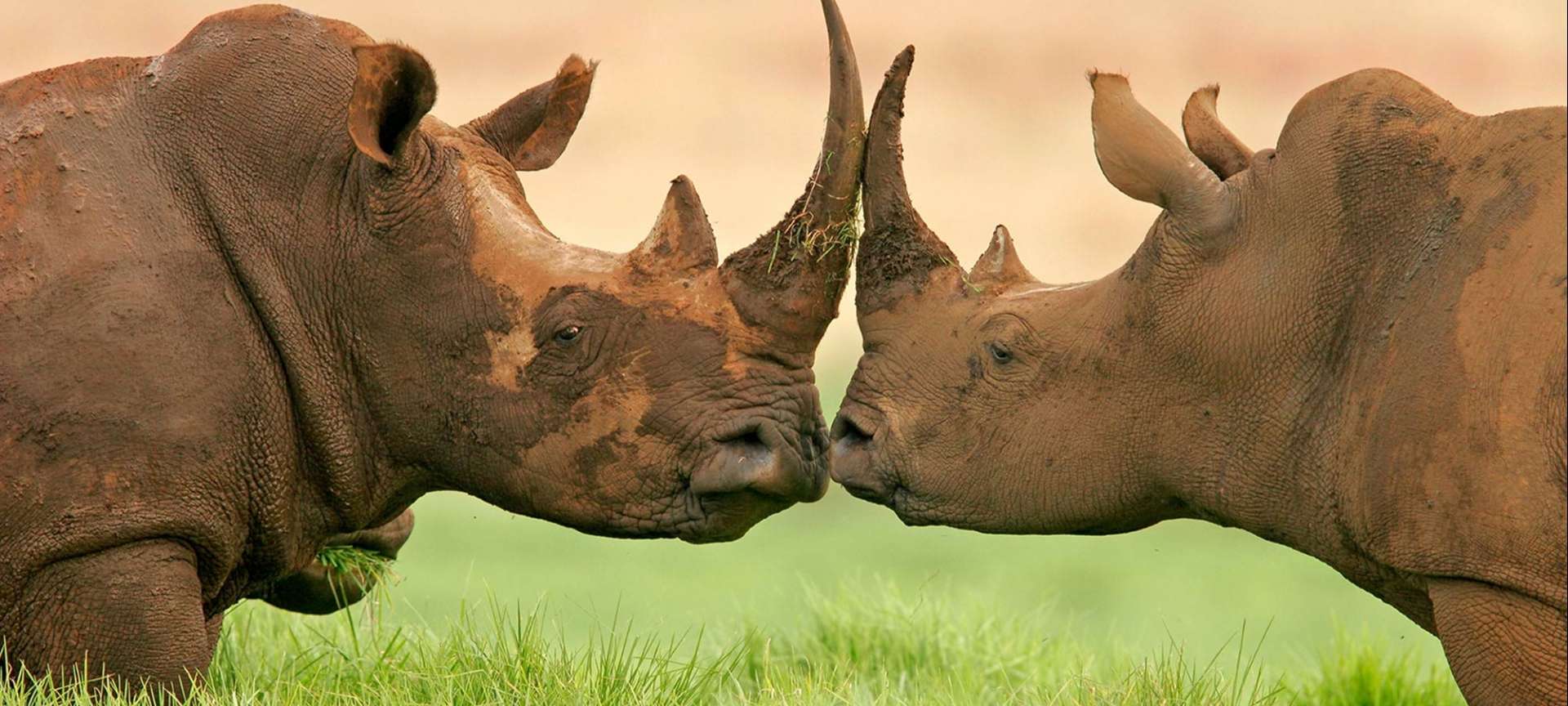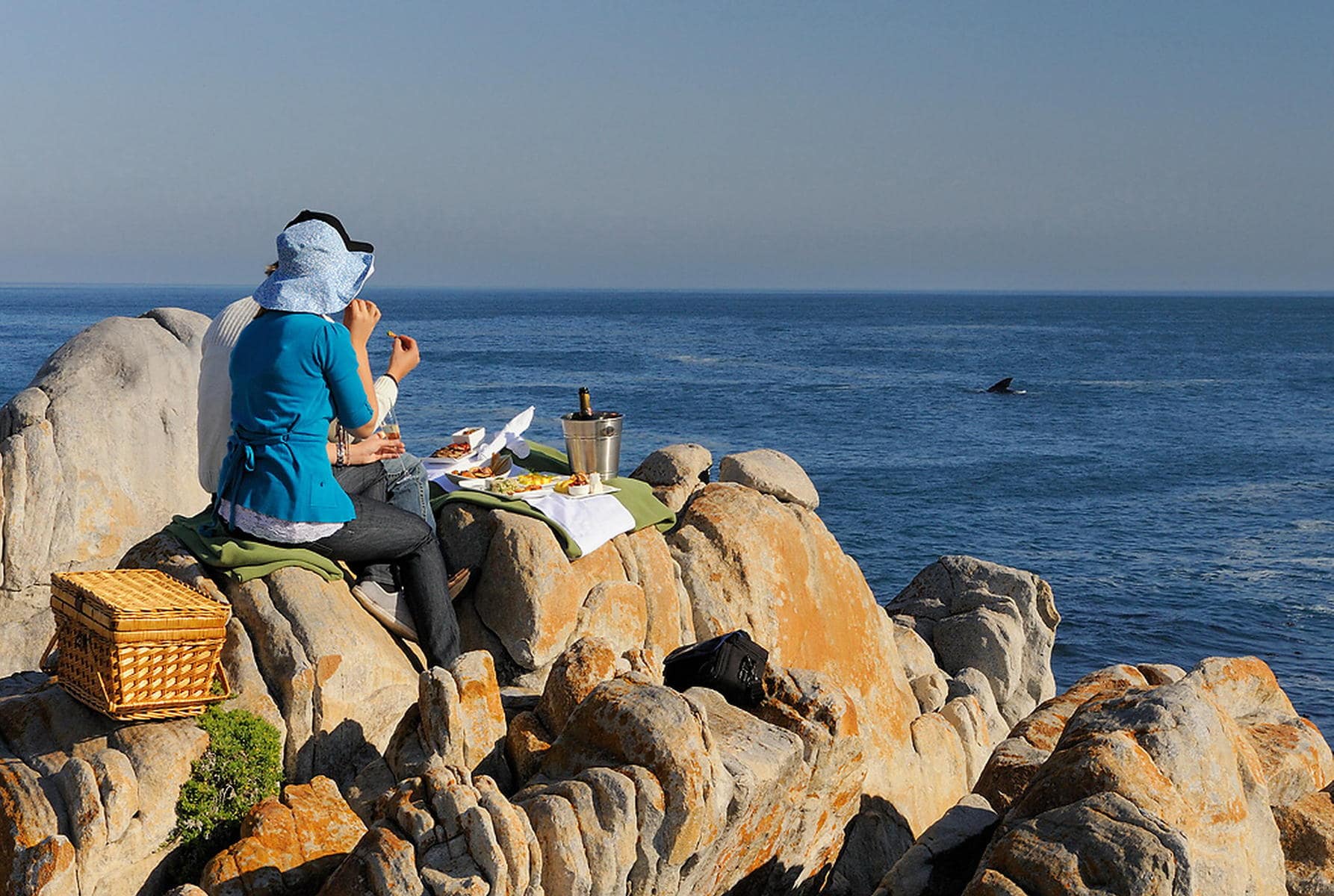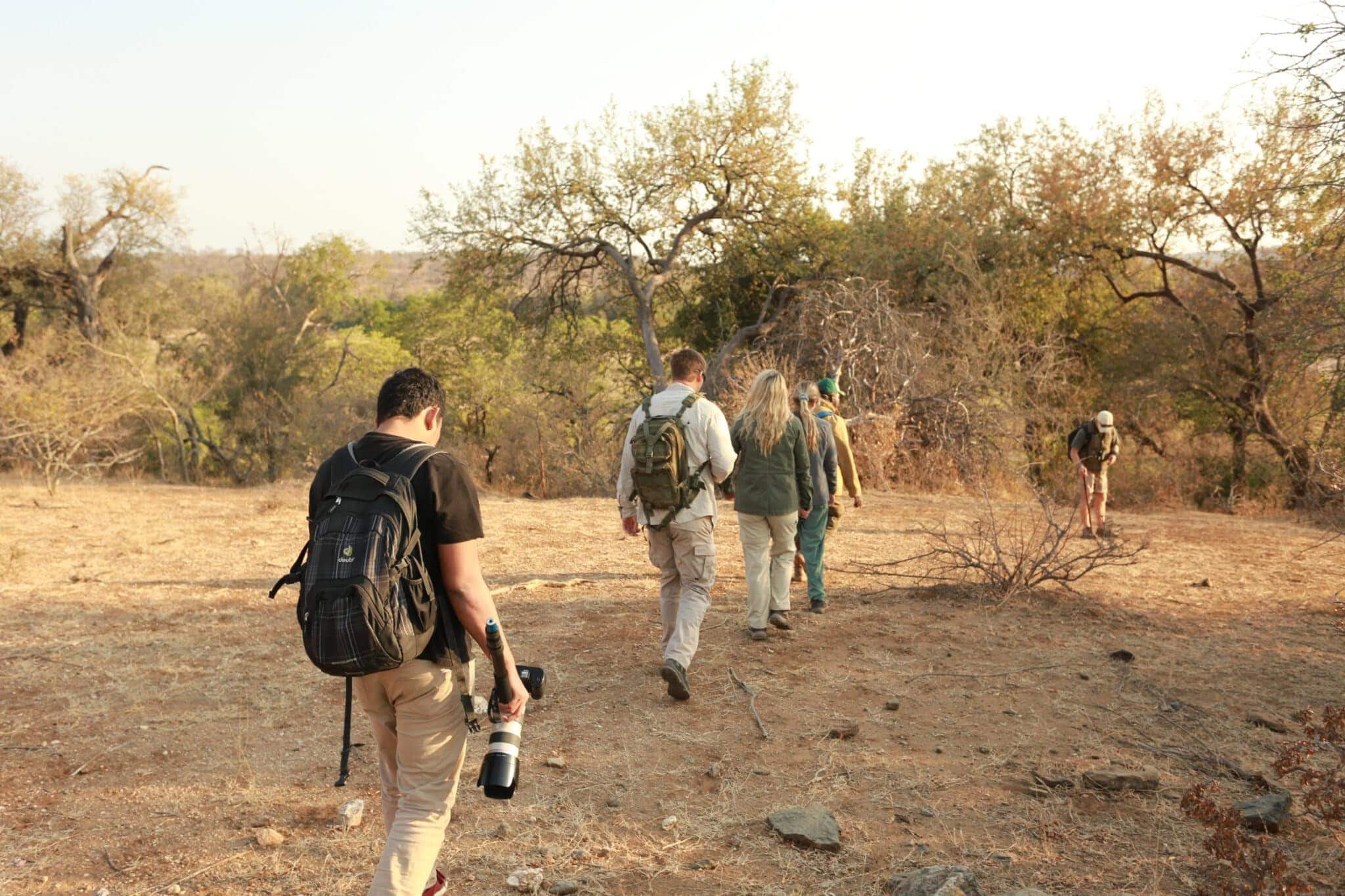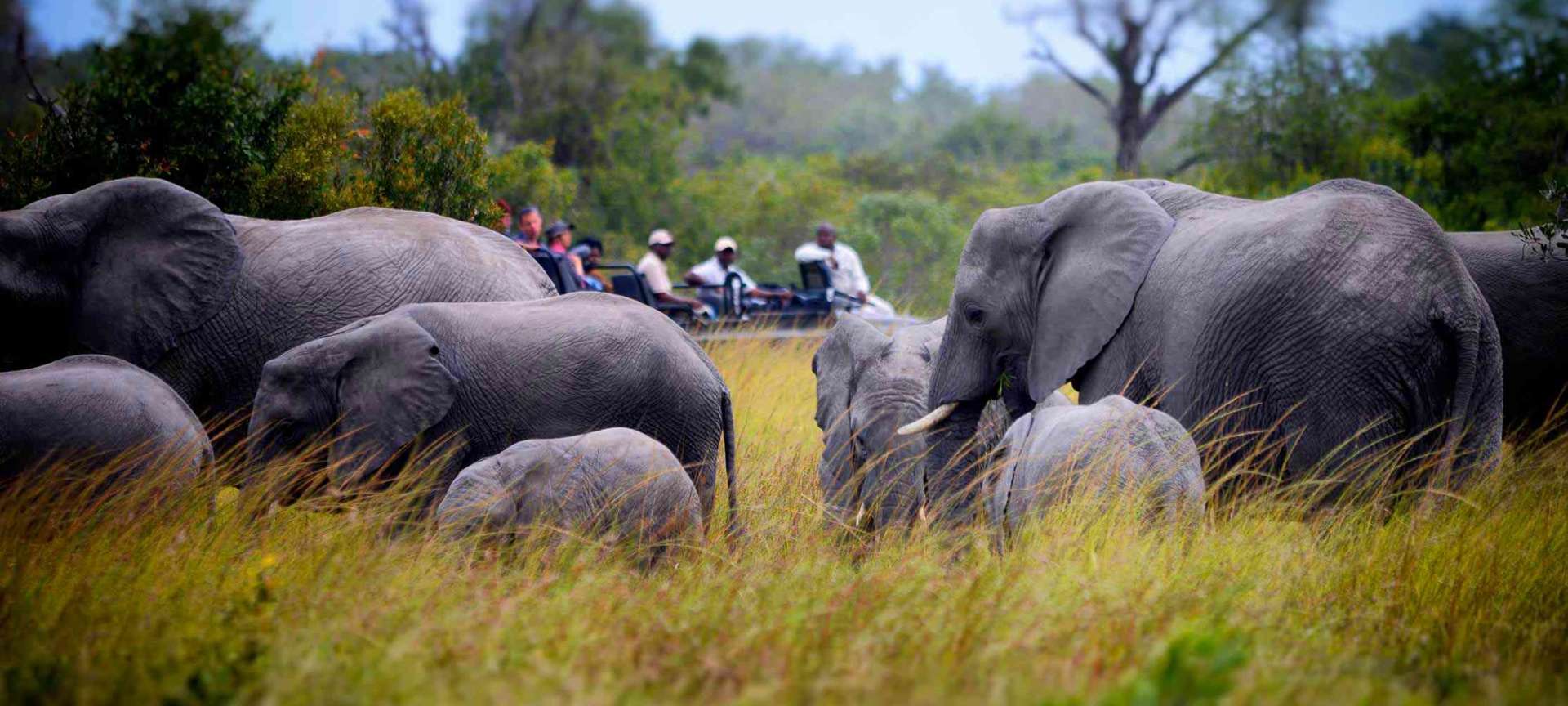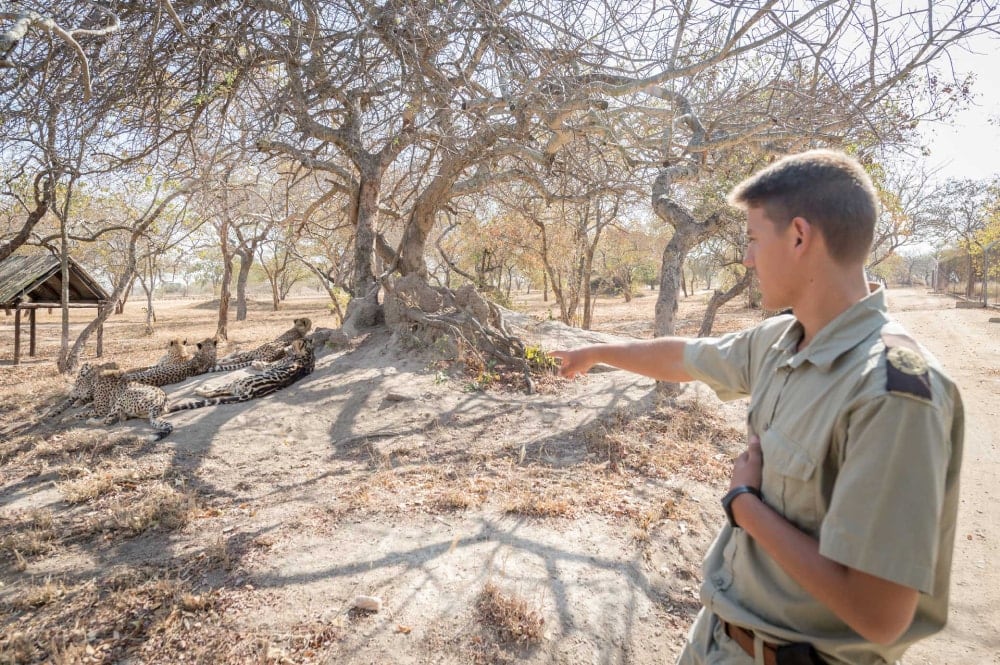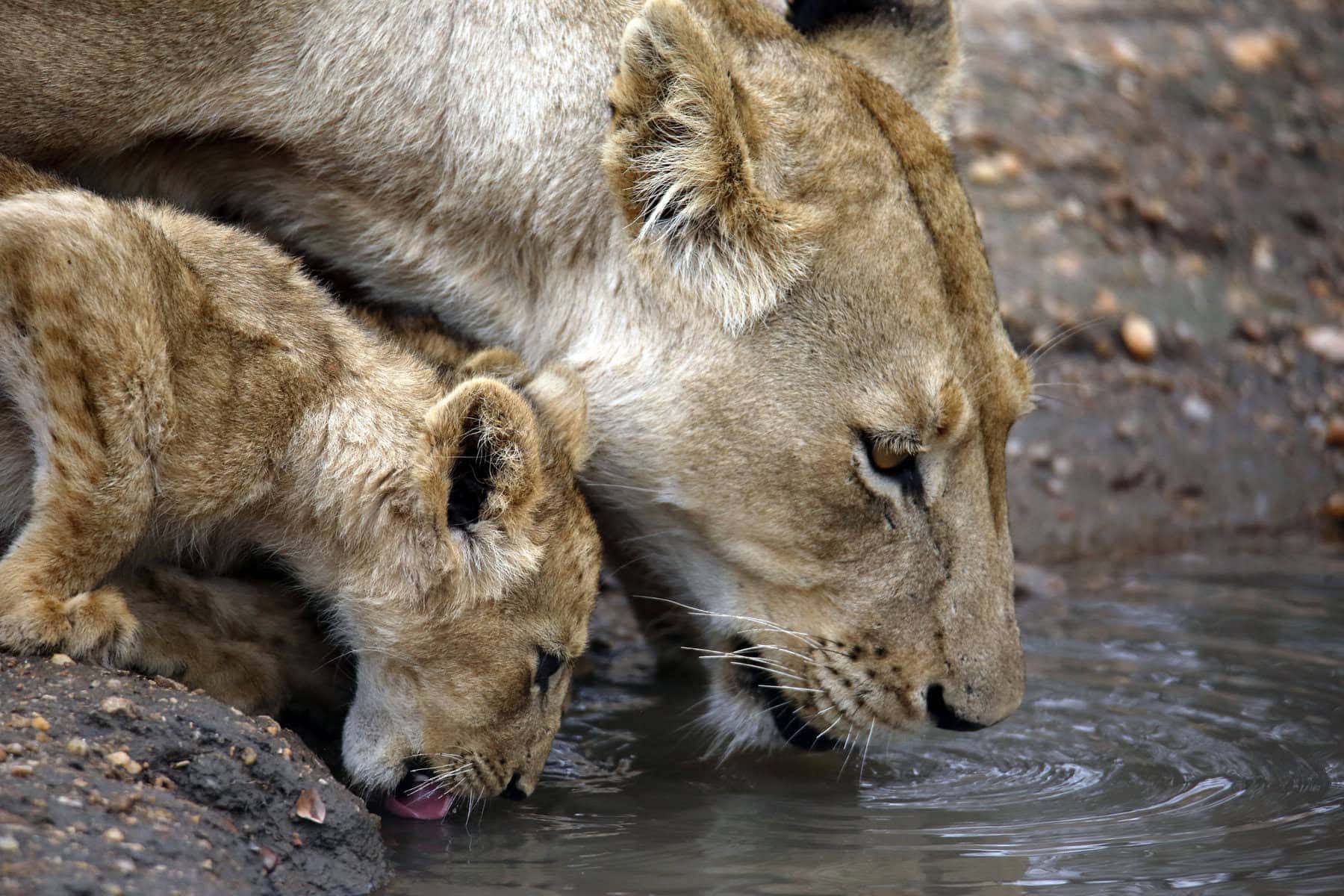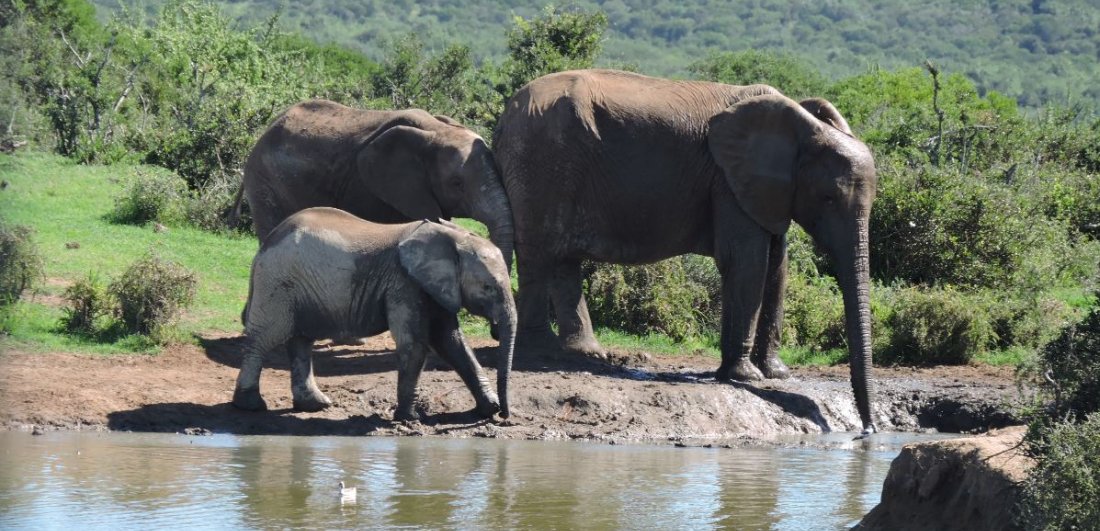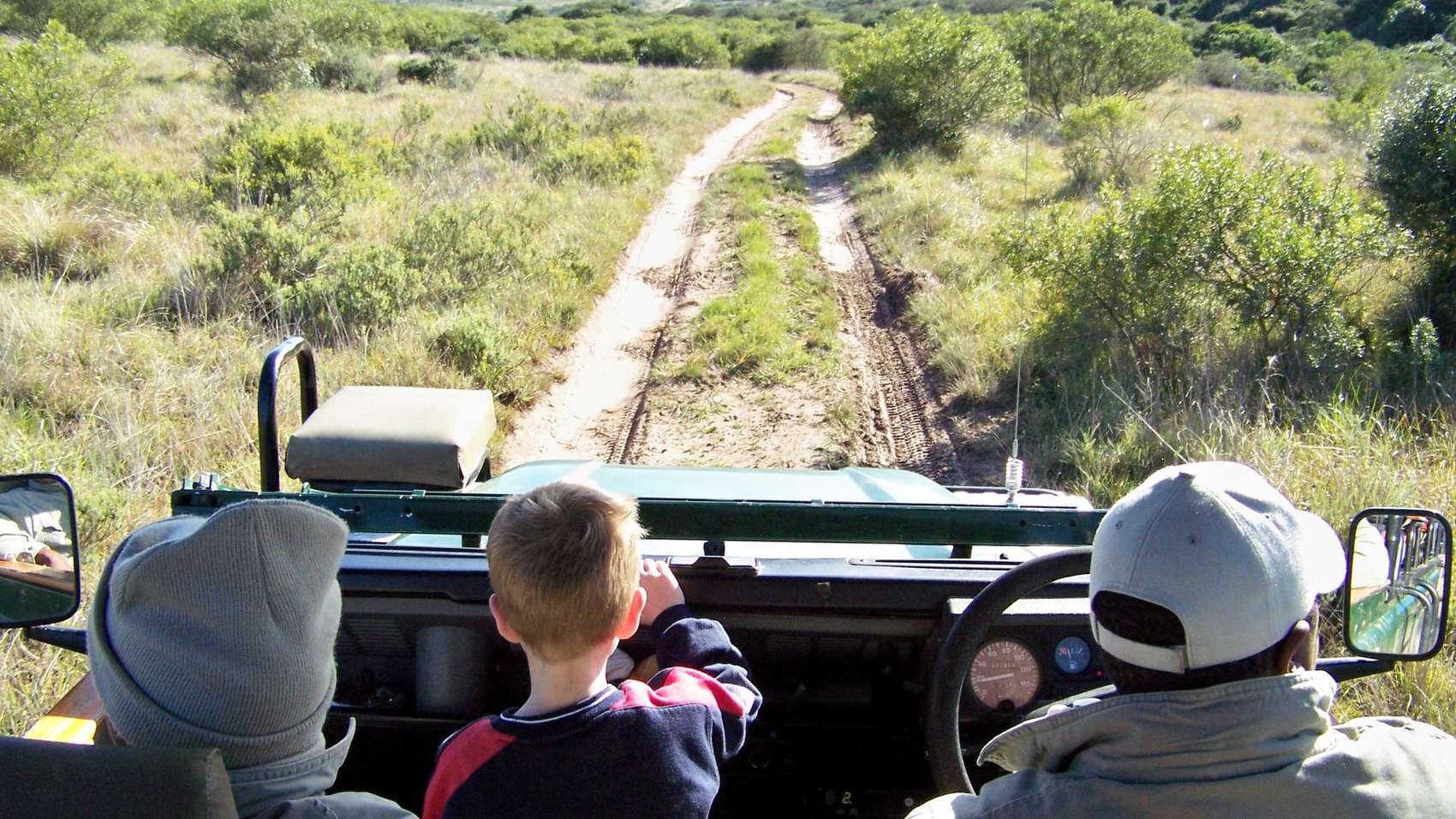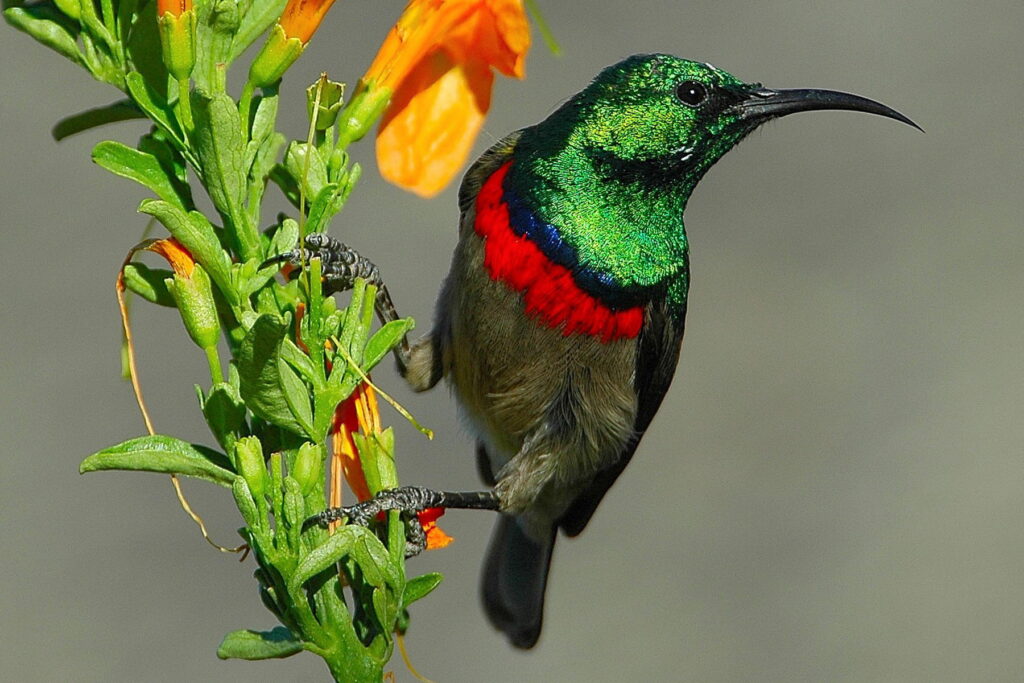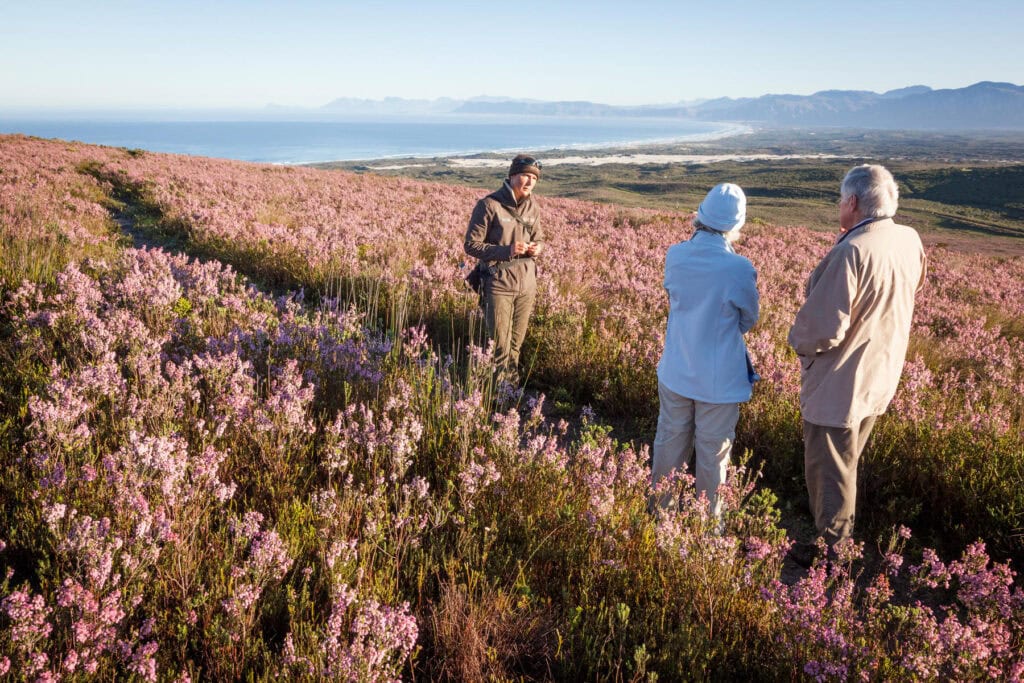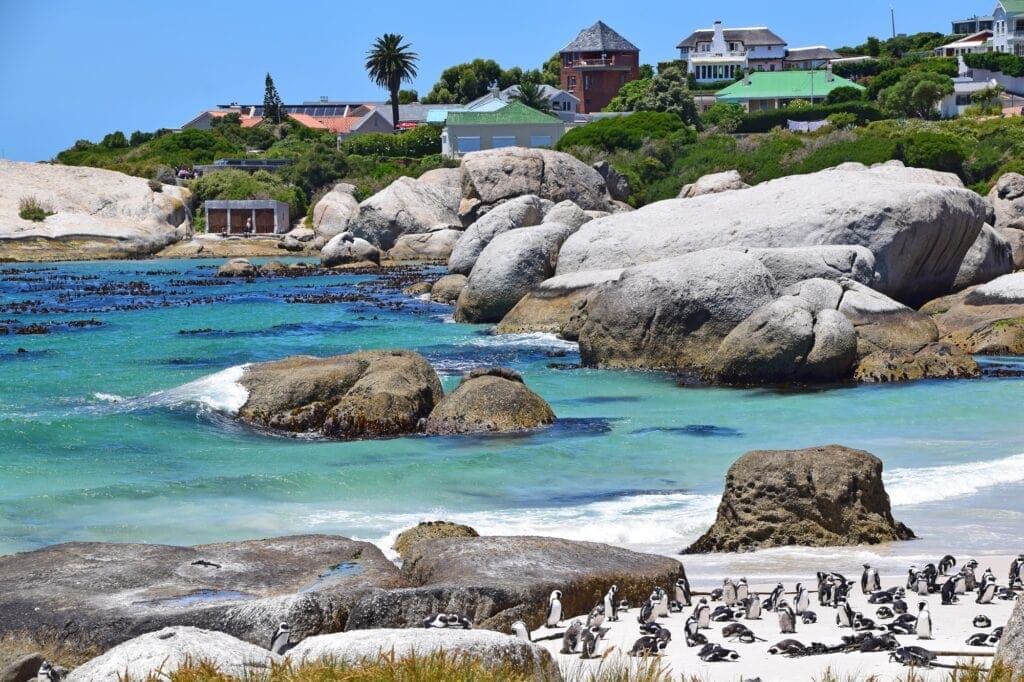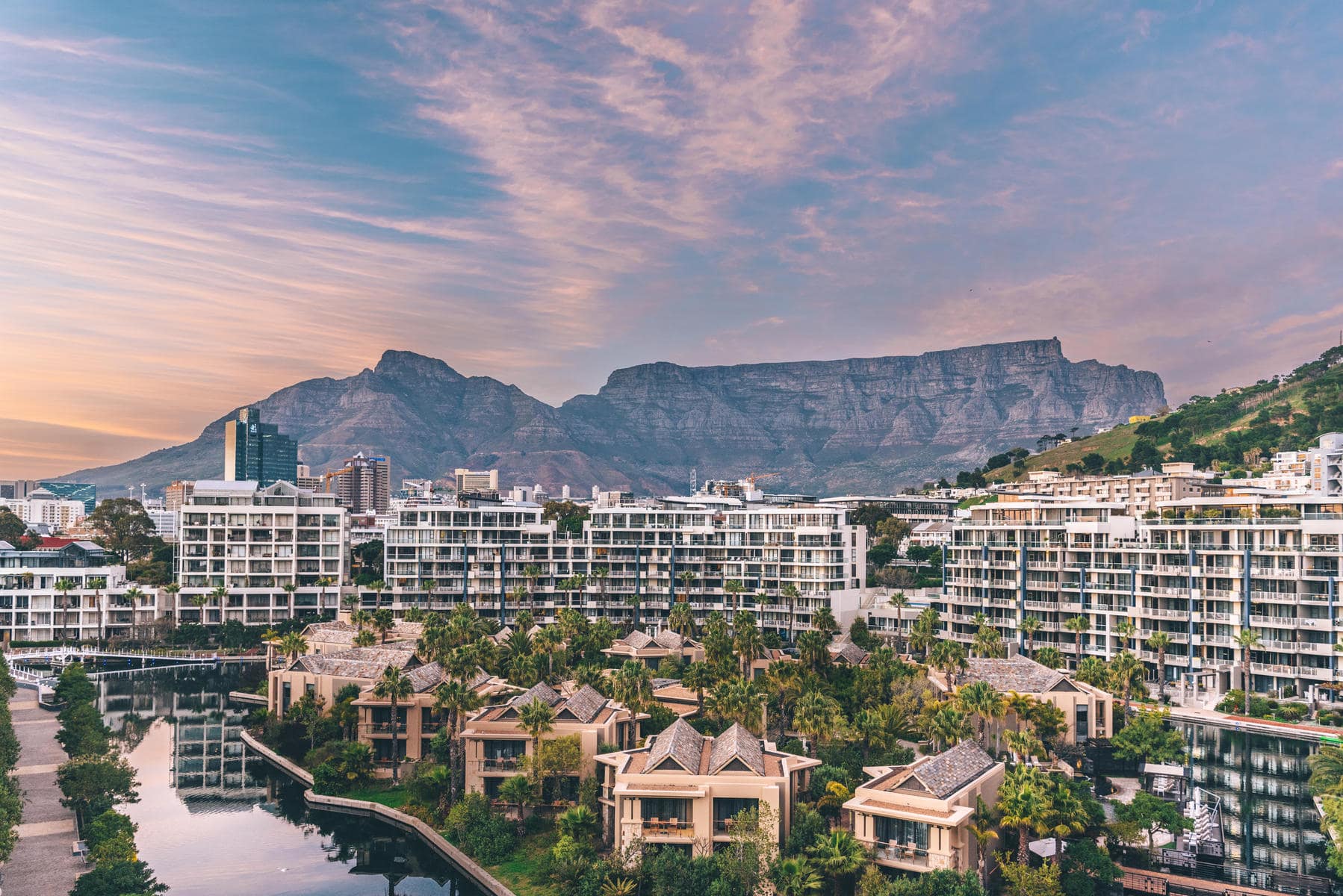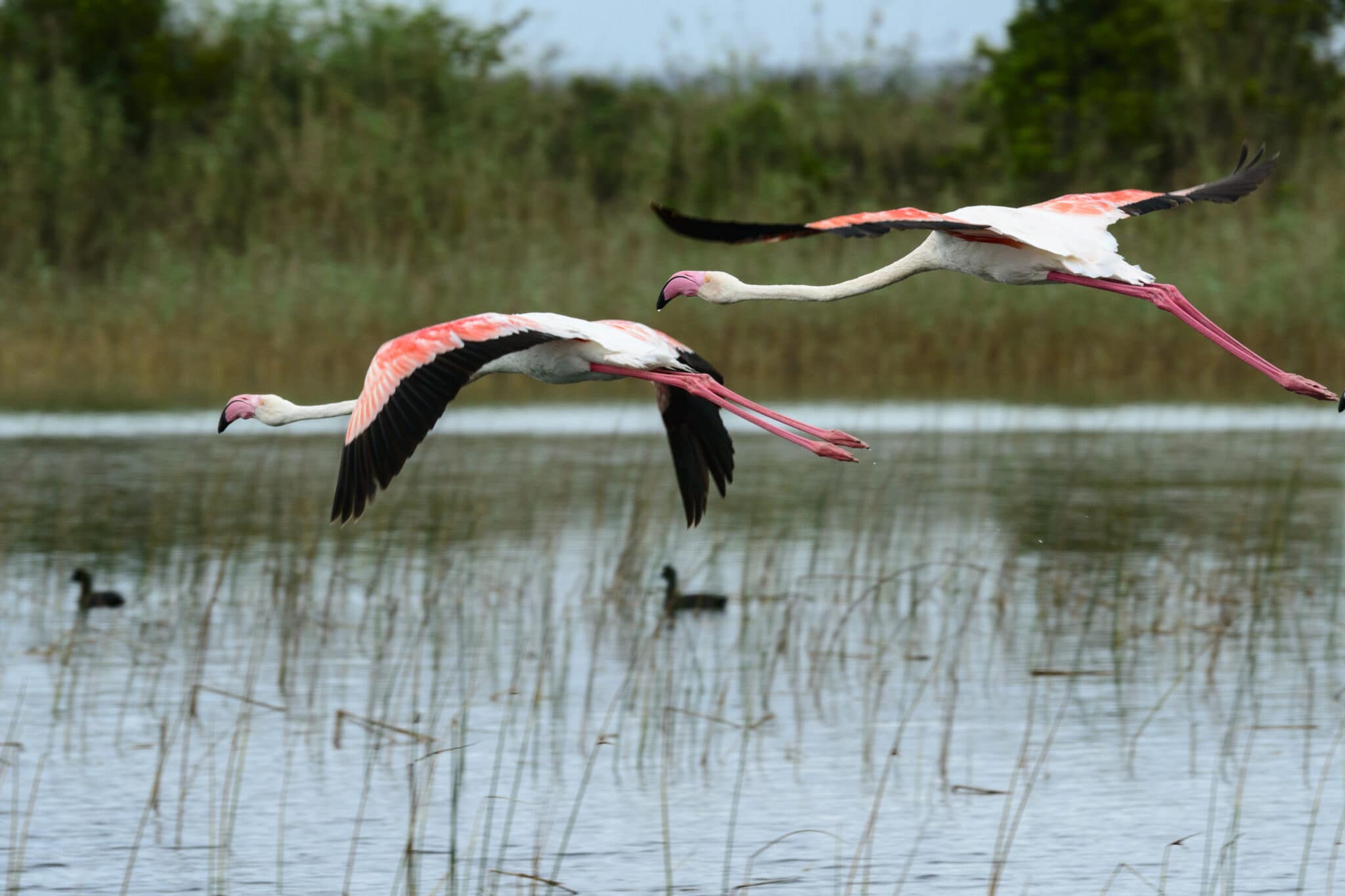Imagine the thrill of a South Africa safari, the sun warming your skin as you set off on a game drive through the iconic Kruger National Park. Picture the breathtaking moment your eyes meet those of a prowling leopard or the awe-inspiring sight of a pride of lions bathed in the golden hues of dawn or the bright crimson evidence of a recent hunt. Back in the city, South Africans proudly carry the weight of struggles gone by, filled with a sense of unity admired the world over. South Africa safari tours can bring these experiences to your reality.
Discover Africa safari experts craft tailor-made South African safari packages that take you deep into the heart of wilderness. From witnessing the Big Five on exciting game drives to watching a wild dog pack on the hunt, your safari in South Africa will be full of spectacular and unforgettable moments.
South Africa’s allure extends far beyond its wildlife. From the rolling vineyards of the Cape Winelands, where world-class wines await, to the Drakensberg Mountains’ dramatic cliffs and the Wild Coast’s untouched beaches, this country is a tapestry of natural wonders waiting to be explored. And, as you delve deeper into the country’s difficult past, you begin to appreciate exactly why it’s one of the most remarkable nations in the world.
That’s why South Africa isn’t just a destination. It’s a place where every traveller can find their own unforgettable connection with the wild and with themselves, all while savouring world-class cuisine, wines, and safari experiences.
Dive deeper into what makes South Africa a top safari destination. To plan your dream South African safari, one of Discover Africa’s safari experts can curate an itinerary tailored to your unique vision. Enquire now.
